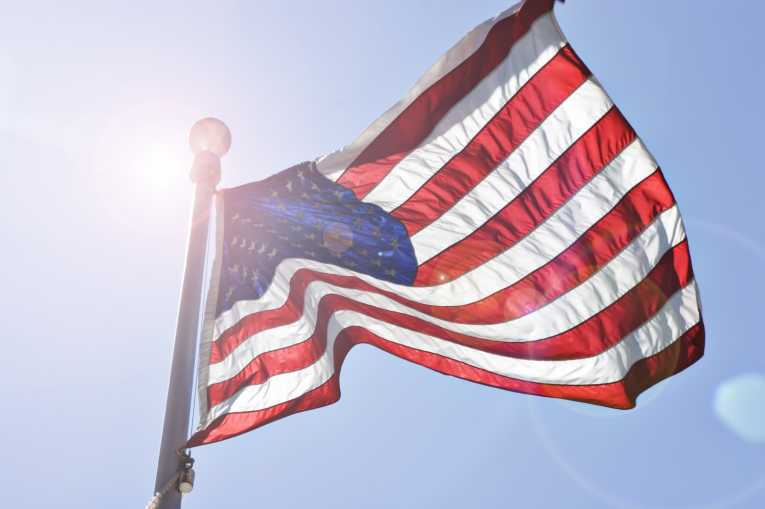It can seem like a long time since the impending peril of global warming drew a consensus for action from across the US political spectrum. And now research from Michigan State University suggests that a difference in attitudes amongst US voters, about the reality of global warming, may have widened into a schism.
The study - published in this spring's Sociological Quarterly - documents opinions on global warming, and seems to confirm that global warming has become yet another political totem issue; a worrying sign for the chances of moving forward from debate to action on slowing climate change
The research, by a pair of sociologists from Michigan and Oklahoma State Universities, had access to a decade's worth of annual opinion poll data from Gallup. It is the first such study to work with a long section of opinions on this issue. The study tracks the evolution of the split, and sees an avalanching divergence of opinion, amongst the political elite, as driving the changes in wider opinion amongst voters.
An overwhelming majority of Democrat voters believing that global warming is 'right here, right now' according to the results of the study - but only a shrinking minority of Republicans. Back in 2001, 49% of Republicans saw global warming as a concrete fact, with 60% of Democrats feeling that way too. But that relatively broad acceptance of 'climate change as reality' appears to have fallen foul of an increasingly heated debate over the years. By 2010 - the height of the Climate-gate hyperbole - only 29% of Republican voters saw man-made warming as real, compared to 70% of Democratic voters.
This striking change persists when looking at voters who see themselves as either liberals or conservative - it is the conservative side of the political divide that is increasingly skeptical about climate change. The gap between conservatives and liberals on belief in global warming has widened from 18 percent in 2001 to 44 percent in 2010. One of the authors, Aaron M. McCright, sees this as a top-down dynamic, with politicians first taking sides, and then the heated debate influencing the wider public.
He said ''..political elites have become polarized on climate change. This has driven the political divide on this topic within the American public, as regular citizens have taken cues from ideological and party leaders they trust.'' And in an era where political deadlock on Capital Hill often leads to a lack of strong action on anything except the most uncontentious of issues, that polarization is worrying.
The US, as one of the most important players in taking a lead on climate change issues, may, as a result, already be flunking the test of taking up global leadership on this most critical of issues. The tribalization of views on man-made climate change in the US may end up having wide-reaching implications for the future.










